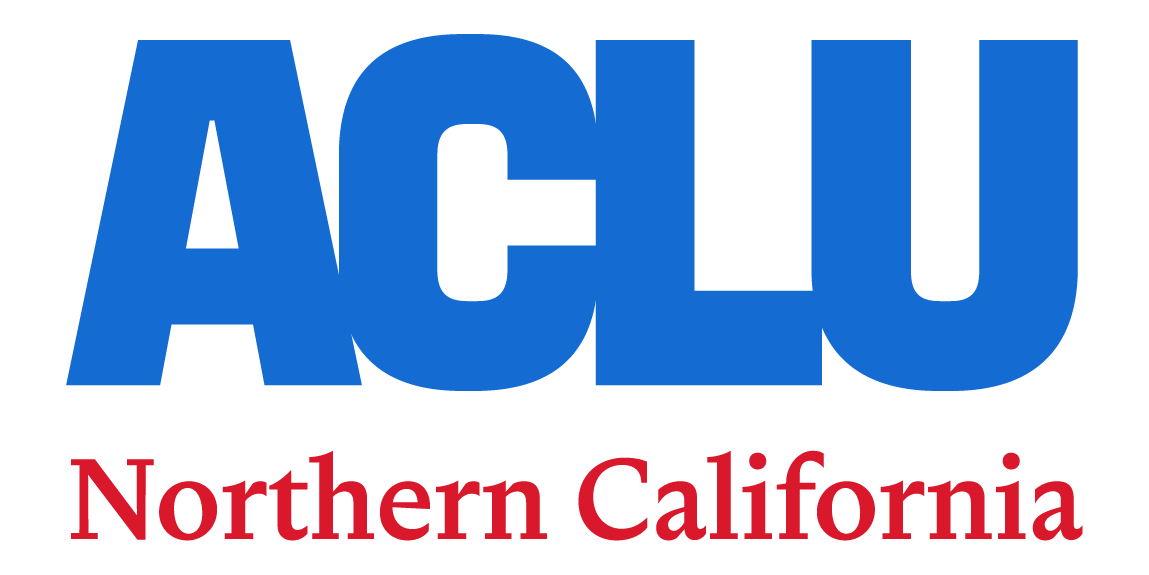Current openings at ACLU of Northern California
The ACLU-NC is an affiliate of a nationwide, non-profit, non-partisan organization dedicated to the defense and expansion of civil liberties and civil rights. For most of the last century, it has been at the heart of many of the most major – and sometimes controversial – struggles for civil liberties and civil rights in our state.
Our mission is to ensure that Constitutional rights don’t just exist on paper, but are protected in practice. As we move into a new era and face dangerous policies that threaten our civil rights and civil liberties, we remain dedicated to confronting these issues and defending the progress we have made. We must use our decades of experience in impact litigation, legislative advocacy, and fearless organizing to fight these un-American policies and protect our most cherished rights and freedoms.
We are the resistance. Join us.
